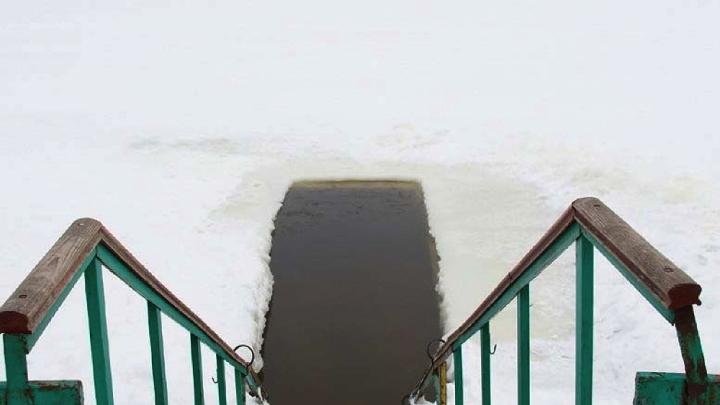McArthur University Professor Rebecca Henderson, a leading voice on climate change, teaches “Reimagining Capitalism” at the Business School: an immersion in “business and big problems”—from the integrity of the Earth to inequality, institutional incapacity, and more. Now, she has synthesized her ideas about the role of private enterprises in solving them (in their own interest), in Reimagining Capitalism in a World on Fire (PublicAffairs, $28). She draws from case studies, her consulting, and more, but also speaks in a personal voice rarely heard in the M.B.A. curriculum. Her prologue acknowledges the difficulty of transforming firms, and “the world’s social and political systems,” but conveys optimism:
I am reminded of a moment some years ago when I was in Finland, facilitating a business retreat. It was the first and last time that my agenda has included the item “5:00 p.m.—Sauna.” Following instructions, I showed up for the sauna, took off all my clothes and soaked up the heat. “And now,” my host instructed me, “it’s time to jump into the lake.” I duly ran across the snow…and carefully climbed down a metal ladder, through the hole that had been cut into the ice, and into the lake. There was a pause. My host arrived at the top of the ladder and looked down at me. “You know,” she said, “I don’t think I feel like lake bathing today.”
I spend a good chunk of my time now working with businesspeople who are thinking of doing things differently. They can see the need for change. They can even see a way forward. But they hesitate. They are busy. They don’t feel like doing it today. It sometimes seems as if I’m still at the bottom of that ladder, looking up, waiting for others to take the risk of acting in new and sometimes uncomfortable ways. But I am hopeful. I know three things.
First, I know that this is what change feels like. Challenging the status quo is difficult—and often cold and lonely. We shouldn’t be surprised that the interests that pushed climate denialism for many years are now pushing the idea that there’s nothing we can do. That’s how powerful incumbents always react to the prospect of change.
Second, I am sure it can be done. We have the technology and the resources to fix the problems we face.…If we decide to rebuild our institutions, build a completely circular economy and halt the damage we are causing to the natural world, we can. In the course of World War Two, the Russians moved their entire economy more than a thousand miles to the east—in less than a year.…
Last, I am convinced that we have a secret weapon. I spent 20 years of my life working with firms that were trying to transform themselves.…The firms that mastered change were those that had a reason to do so: the ones that had a purpose greater than simply maximizing profits.…
This is not easy work. It sometimes feels exactly like climbing down a metal ladder into a hole cut through foot-thick ice. But…while taking the plunge is hard, it is also exhilarating. Doing something different makes you feel alive. Being surrounded by friends and allies, fighting to protect the things you love, makes life feel rich and often hopeful. It is worth braving the cold.
Join me. We have a world to save.








